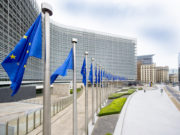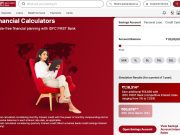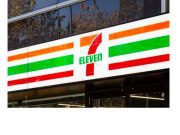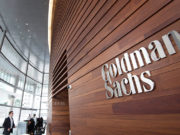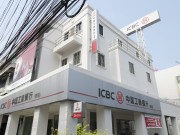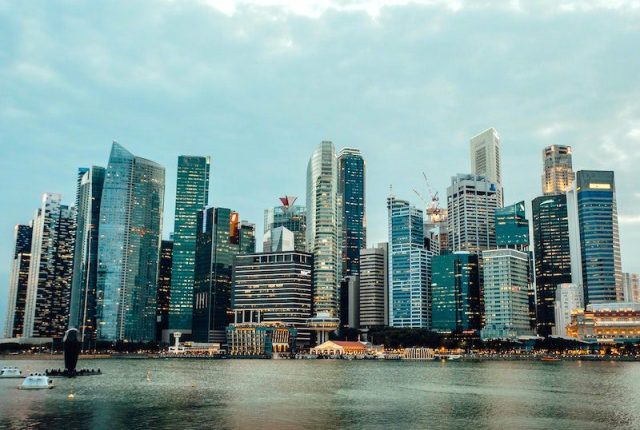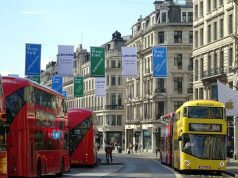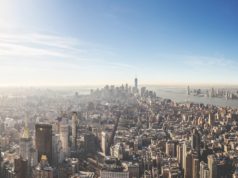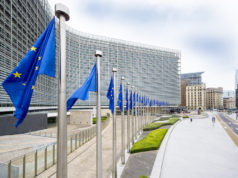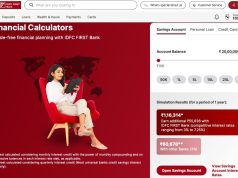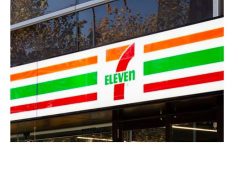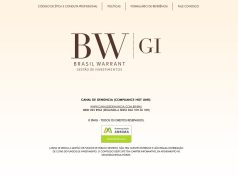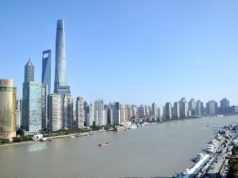Singapore MAS Statement on Misconceptions in Collapsed FTX: FTX & Binance are Not Licensed, Binance on Alert List Due to Proactively Promoting in Singapore & Received Numerous Complaints
22nd November 2022 | Singapore
Singapore central bank Monetary Authority of Singapore (MAS) has issued a statement to address misconceptions with the recent collapse of FTX (crypto exchange, founded by Sam Bankman-Fried). Singapore MAS: FTX & Binance are not licensed and MAS is unable to protect investors (Eg. Crypto assets backed with reserves, ring fence), and FTX was not placed on alert list but Binance was placed on alert list as Binance had proactively promote in Singapore (target at Singapore users) & received numerous complaints (January to August 2021). Singapore MAS key message to public: “Crypto exchanges can and do fail … … Further, even if a crypto exchange is well-managed, cryptocurrencies themselves are highly volatile and many of them have lost all value … … The ongoing turmoil in the crypto industry serves as a reminder of the huge risks of dealing in cryptocurrencies. As MAS has repeatedly stated, there is no protection for customers who deal in cryptocurrencies. They can lose all their money.” See below for Singapore MAS full statement.
” Singapore MAS Statement on Misconceptions in Collapsed FTX: FTX & Binance are Not Licensed, Binance on Alert List Due to Proactively Promoting in Singapore & Received Numerous Complaints “
Singapore MAS Statement to Address Misconceptions in the Wake of Collapse of FTX

21/11/22 – The Monetary Authority of Singapore (MAS) would like to address some questions and misconceptions that have arisen in the wake of the FTX.com (FTX) debacle.
A first misconception is that it was possible to protect local users who dealt with FTX, such as by ringfencing their assets or ensuring that FTX backed its assets with reserves. MAS cannot do this as FTX is not licensed by MAS and operates offshoreA further misconception is that if Singapore investors’ assets in FTX had been parked in Quoine Pte Ltd (Quoine), an FTX local subsidiary, they would have been protected. This is not so. Quoine, like other overseas subsidiaries of FTX, has been included in the US bankruptcy proceedings and has halted withdrawals.. MAS has consistently warned about the dangers of dealing with unregulated entities.
A second question is why MAS treated Binance.com (Binance) differently from FTX, specifically why it was placed on the Investor Alert List (IAL) while FTX was not.
While both Binance and FTX are not licensed here, there is a clear difference between the two: Binance was actively soliciting users in Singapore while FTX was not. Binance in fact went to the extent of offering listings in Singapore dollars and accepted Singapore-specific payment modes such
MAS received several complaints about Binance between January and August 2021. There were also announcements in multiple jurisdictionsFor example, Italy, Japan, Malaysia, UK and Thailand made announcements regarding the operation of Binance without the requisite licences in their jurisdictions. of unlicensed solicitation of customers by Binance during the same period.
With regard to FTX, there was no evidence that it was soliciting Singapore users specifically. Trades on FTX also could not be transacted in Singapore dollars. But as in the case of thousands of other financial and crypto entities that operate overseas, Singapore users were able to access FTX services online.
MAS placed Binance on the IAL because it had solicited Singapore users without a licence. Further, on MAS’ referral, the Commercial Affairs Department commenced investigation into Binance for possible contravention of the Payment Services Act (PS Act). There was no reason to place FTX on the IAL as there was no evidence that it had contravened the PS Act.
MAS required Binance to stop soliciting Singapore usersThere has been some confusion over MAS’ earlier statement issued on 14 November 2022 that Binance was not “banned” in Singapore but was prohibited from soliciting Singapore users. As a matter of practice, MAS does not “ban” entities from operating in Singapore. Binance was able to continue carrying out other unregulated activities in Singapore, such as corporate functions and blockchain technology services. Further, Binance Asia Services continued to provide services to Singapore users as an exempt payment service provider while its application for a PS Act licence was being reviewed by MAS. Binance Asia Services subsequently withdrew its licence application but continues to carry out unregulated activities in Singapore.. To assure MAS that it was no longer doing so, Binance put in place various measures including geo-blocking of Singapore IP addresses and the removal of its mobile application from Singapore app stores. These measures were intended to demonstrate beyond doubt that Binance had ceased soliciting and providing services to Singapore users. Should Binance decide now to dismantle some of these restrictions, it has to continue to comply with the prohibition against soliciting Singapore users without a licence.
A third question is whether MAS should exhaustively list on the IAL and provide information on all the offshore crypto exchanges in the world. There are hundreds of such exchanges, and thousands of other entities offshore that accept investments in non-crypto assets. It is not possible to list all of them and no regulator in the world has done so.
The purpose of the IAL is to warn the public of entities that may be wrongly perceived as being MAS-regulated, especially those which solicit Singapore customers for financial business without the requisite MAS licence. It does not mean that the thousands of other entities operating offshore, which are not listed on the IAL, are safe to deal with.
In addition to maintaining the IAL, MAS publishes a Financial Institutions Directory on its website that is an exhaustive list of all MAS-regulated entities.
The most important lesson from the FTX debacle is that dealing in any cryptocurrency, on any platform, is hazardous.
Crypto exchanges can and do fail. Even if a crypto exchange is licensed in Singapore, it would be currently only regulated to address money-laundering risks, not to protect investors. This is similar to the approach currently taken in most jurisdictions. MAS has recently published a consultation paper proposing basic investor protection measures for crypto players who are licensed to operate in SingaporeMAS has also issued a separate consultation paper on stablecoin issuers. This includes a proposal that full backing of reserves should be required for stablecoin issuers who are licensed by MAS. Stablecoins pegged to fiat currencies, unlike other cryptocurrencies, may have potential benefits and more lasting relevance in a digital payment ecosystem..
Further, even if a crypto exchange is well-managed, cryptocurrencies themselves are highly volatile and many of them have lost all value.
The ongoing turmoil in the crypto industry serves as a reminder of the huge risks of dealing in cryptocurrencies. As MAS has repeatedly stated, there is no protection for customers who deal in cryptocurrencies. They can lose all their money.
Statement by Monetary Authority of Singapore (MAS)
Sign Up / Register
Caproasia Users
- Manage $20 million to $3 billion of assets
- Invest $3 million to $300 million
- Advise institutions, billionaires, UHNWs & HNWs
Caproasia Platforms | 11,000 Investors & Advisors
- Caproasia.com
- Caproasia Access
- Caproasia Events
- The Financial Centre | Find Services
- Membership
- Family Office Circle
- Professional Investor Circle
- Investor Relations Network
Monthly Roundtable & Networking
Family Office Programs
The 2025 Investment Day
- March - Hong Kong
- March - Singapore
- July - Hong Kong
- July - Singapore
- Sept- Hong Kong
- Sept - Singapore
- Oct- Hong Kong
- Nov - Singapore
- Visit: The Investment Day | Register: Click here
Caproasia Summits
- The Institutional Investor Summit
- The Investment / Alternatives Summit
- The Private Wealth Summit
- The Family Office Summit
- The CEO & Entrepreneur Summit
- The Capital Markets Summit
- The ESG / Sustainable Investment Summit




